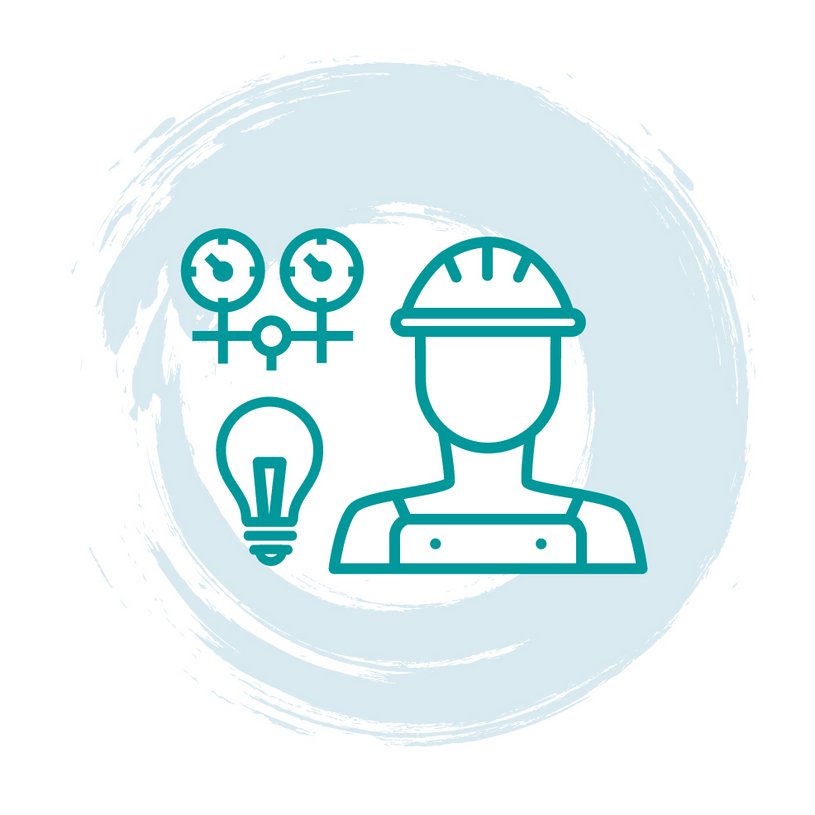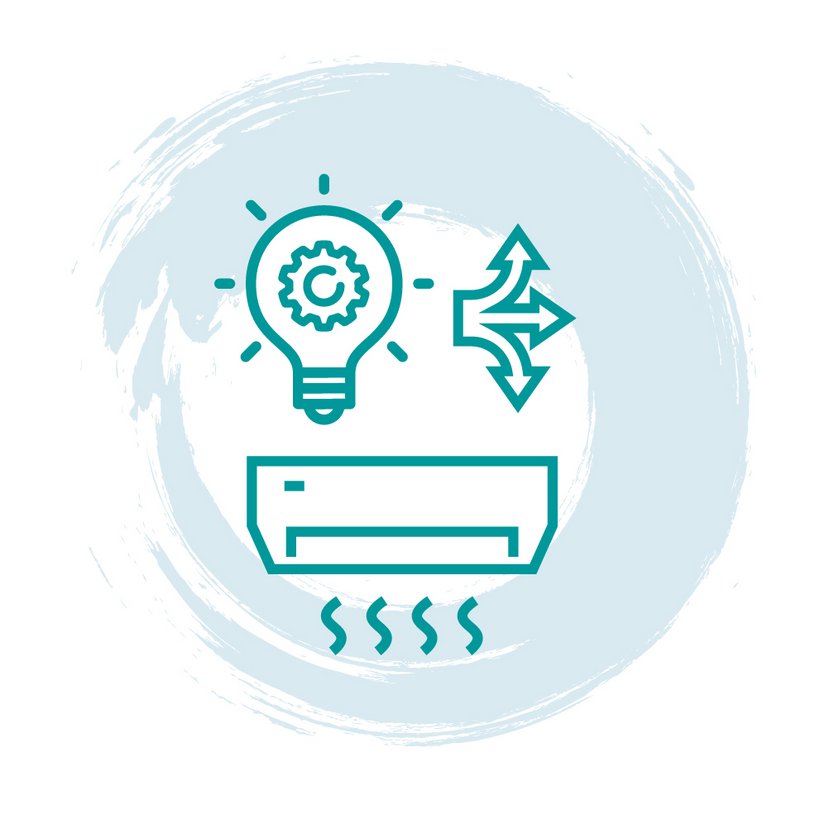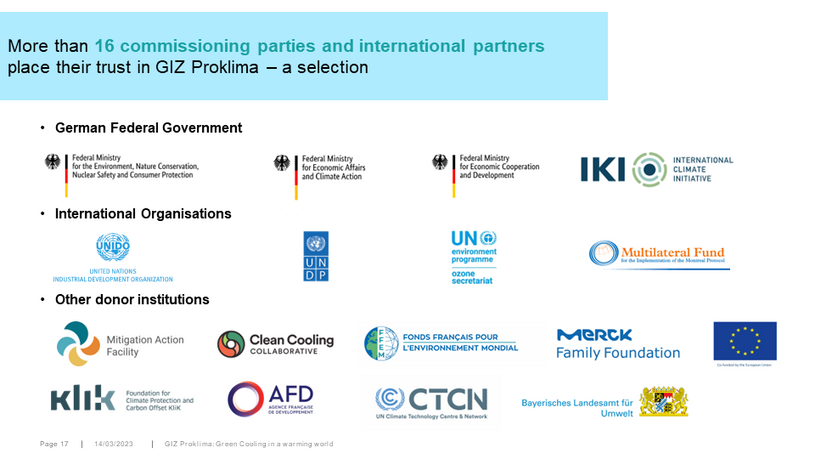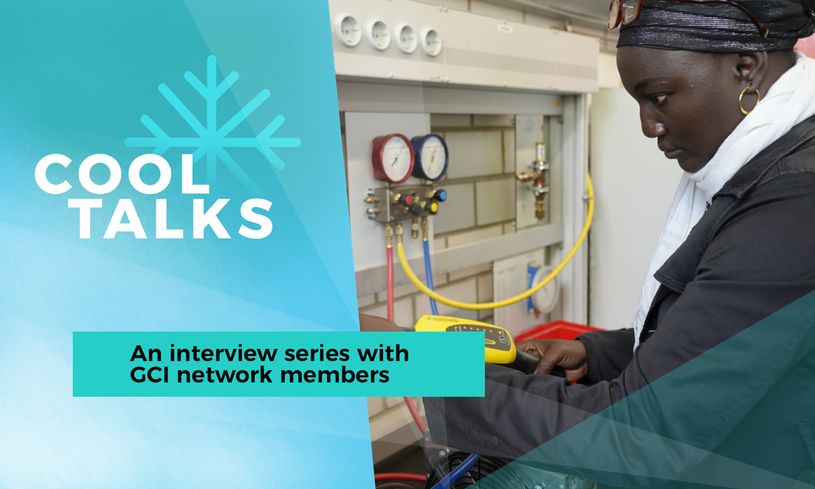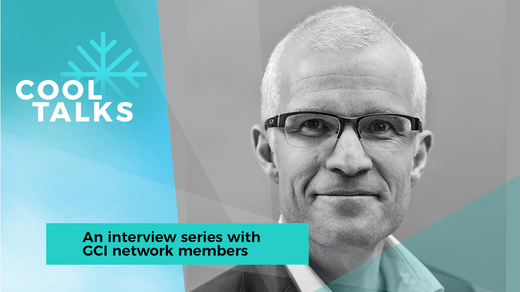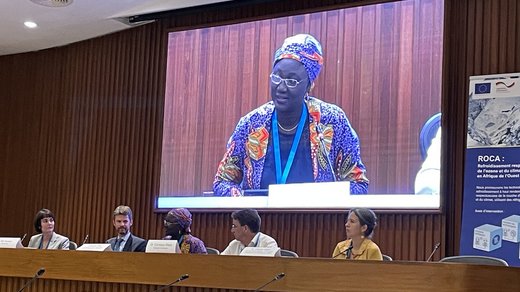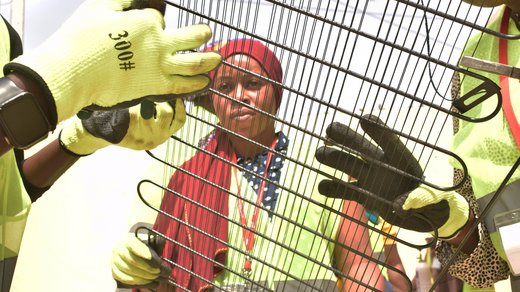For this Cool Talk, we had the opportunity to interview Sokhna Fall. She is a cooling technician, trainer, entrepreneur and consultant from Senegal, and founded the national association for women in refrigeration. Sokhna talks about her career, the challenges she faced, and why she never gave up.
Please tell us about yourself. Who is Sokhna Fall?
I am a refrigeration and air conditioning technician with 24 years of experience. I graduated in 2000. And for 24 years now, I have been working in this refrigeration and air conditioning profession. During my career, I worked for almost all the refrigeration companies in Senegal and in Dakar in particular. I was a technician, a team leader, and today I am a trainer in refrigeration and air conditioning. I have also been a consultant for Senegal’s National Ozone Unit for almost fifteen years.
What was your childhood like?
I grew up in rather simple circumstances. I lived with my father and mother in a large family of almost ten children. My father was very particular about our studies, good manners, behavior... As a result, I received a fairly strict upbringing. We didn't have a lot of freedom to go out. I was excellent at school and very often I was at the top of the class. All in all, I've had an excellent academic career.
In what year did you found the National Network of Women Refrigeration Technicians of Senegal (RENAFF)?
I founded RENAFF on 22 June 2018, the day we held the first general assembly of our association.
What prompted you to create this association?
In fact, at the beginning, one could notice that there were not many women in the profession, but slowly, until 2018, there were more and more women who were interested in this profession. However, I noticed that most of them ended up abandoning this profession. I tried to find out why, and that's how I realized that there was a problem of family support, or a problem of integration. And that's how the idea of creating this association came to me. So I looked for partners to try to solve this problem and make sure that women stay and become leaders in the profession, so that I can encourage other girls to come and enter the profession.
Why did you choose to become a refrigeration technician knowing the difficulties encountered by women in this sector?
In fact, it's not a job I had chosen at the beginning, because before that I was at university where I was doing Physics and Chemistry. That's how one day, I came across the G15 competition and I wanted to do Civil Engineering. That's why I took part in this competition. Only when I passed the exam, I was taken to the refrigeration and air conditioning department. At first, I didn't want it and I cried a lot. I had even decided to drop out and go back to university. I didn't want to do this because I didn't know the job. First of all, there weren't enough women, and I didn't know a woman who was in that profession at the time. However, the director convinced me to start the courses in refrigeration, while waiting for him to find me a place in Civil Engineering. And a few days later, he called me to say that they had found me a place, but I didn't accept it, because I was starting to like it there and I thought it was interesting. And that's how I got into the refrigeration and air conditioning sector.
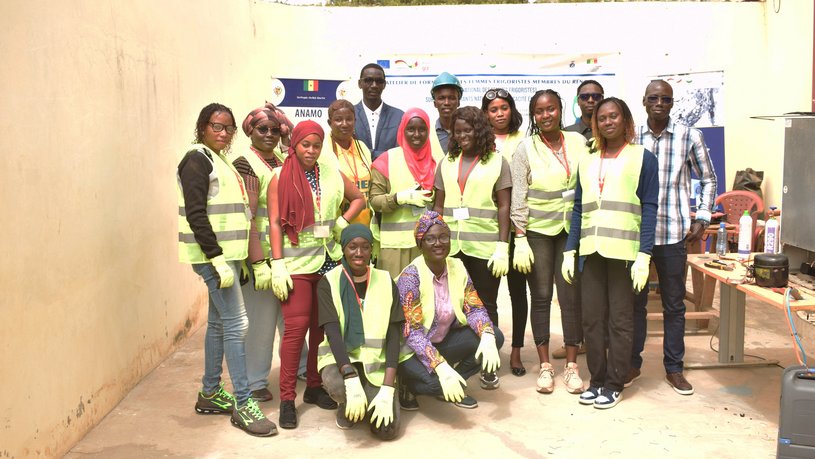
Have you ever wanted to let go and give up everything because it was so difficult?
Oh, yes! It was really difficult at first, especially when I decided to go into entrepreneurship and create my own business. At the beginning it was very difficult to have the means to buy equipment, to have markets. I could stay for several weeks or months, without having a job and then with my needs and everything, it was very difficult. In fact, at one point, I wanted to let go, but then I said to myself, since it was exciting, there had to be a way to succeed.
What was the reaction of your family and friends to the choice of your profession?
At first, there was no problem, but when I started to go through difficult times, my mother wanted me to stop this job. She told me that it was a tiring job, that I left home early, only to come back late in the evening, that I was always in work clothes and that I didn't feel feminine. Luckily, she wasn't very demanding, but I made them understand that it's a job I love, it's my passion and I don't know how to do anything but refrigeration. I also told them that I was confident that I was going to succeed.
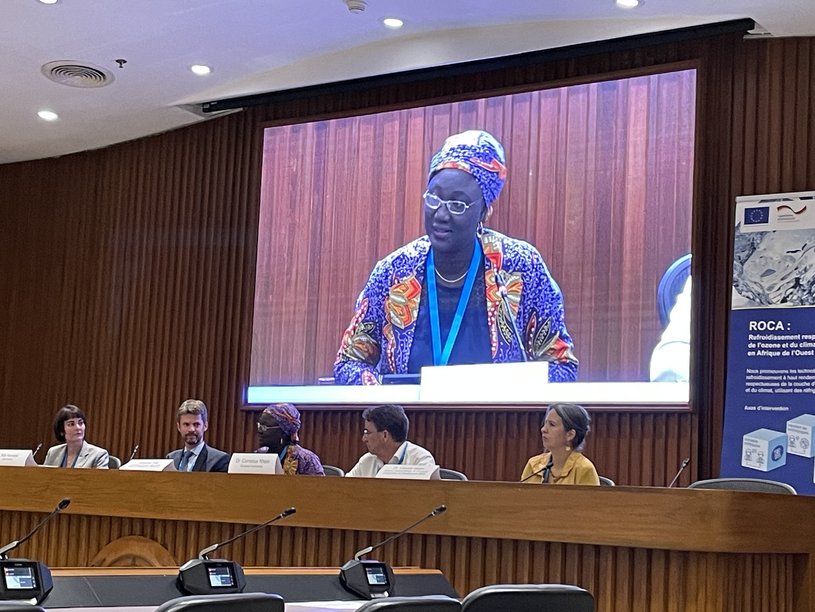
You have participated in the trainings on climate-friendly cooling with the support of the ROCA project. What did you gain from this training?
It was a very, very interesting training, especially the one we did in Germany. This allowed us to learn about new technologies in refrigeration and air conditioning and to be in tune with what is happening in the world, with what is being projected. And as a consultant in the Ozone program, advocating for the environment, it has been a really nice thing to know about natural refrigerants, and it has been a big part of my capacity building trainings that I do on behalf of the environment. This has been very beneficial for me.
What opportunities have come your way since then?
In fact, it has strengthened my links with ozone, and it has also allowed me to be in tune, because as a refrigeration technician, I have to be aware of what is happening elsewhere.
What advice would you give to young girls who would like to get into this sector?
I will tell them that it is a very exciting job. A job that is not very difficult, as some people think. And as I said, there are a lot of girls, it's because of a lack of information, that they don't want to do this job. But I advise them to be very brave and persevering, once they are in it. And for sure, they will succeed because we are in a developing country and refrigeration has a very important place in the economic development of the country. The market is vast, there's room for everyone and it's a job where you make a good living.


